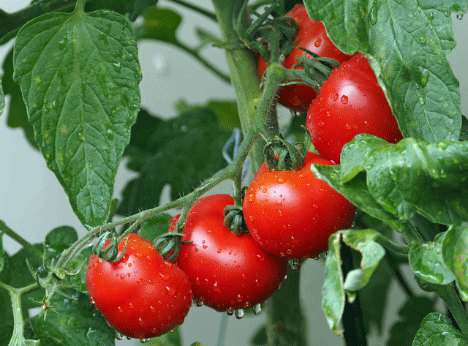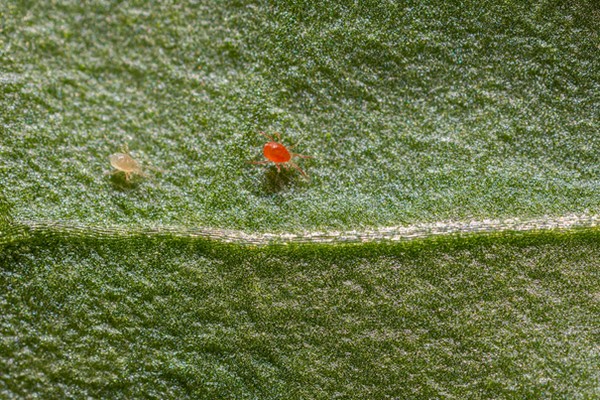Fresh fruits and vegetables contaminated with microbial pathogens can cause outbreaks of food poisoning and other enteric diseases if consumed raw.
In India microbial contamination was studied by culturing 25 g of each sample. Antimicrobial resistance testing was performed for isolated pathogens and resistance phenotypes determined. Overall, 97.3% of fruit and vegetables sampled were contaminated with pathogens. In over 75% of samples, coliforms were detected with Escherichia coli in 17.4%. Majority of vegetables were contaminated with coliforms particularly ginger (100%), cabbage (80%), cucumber (75%), and tomato (75%). Extended spectrum beta-lactamases (ESBL) was detected in eight (5.7%) isolates, carbapenem resistance in four with three metallo-β-lactamases producers. E. coli was isolated at a significantly higher rate from retail shops viz-a-viz wholesale markets (p value = .04). As high level of contamination with potential human pathogens is present in fruits and vegetables sold in wholesale markets and retail shops in Delhi-NCR, the study underlines the need for stricter regulations and implementation of standards.
Reference: , , . Bacterial contamination and prevalence of antimicrobial resistance phenotypes in raw fruits and vegetables sold in Delhi, India. J Food Saf. 2020; 40:e12739. https://doi.org/10.1111/jfs.12739












